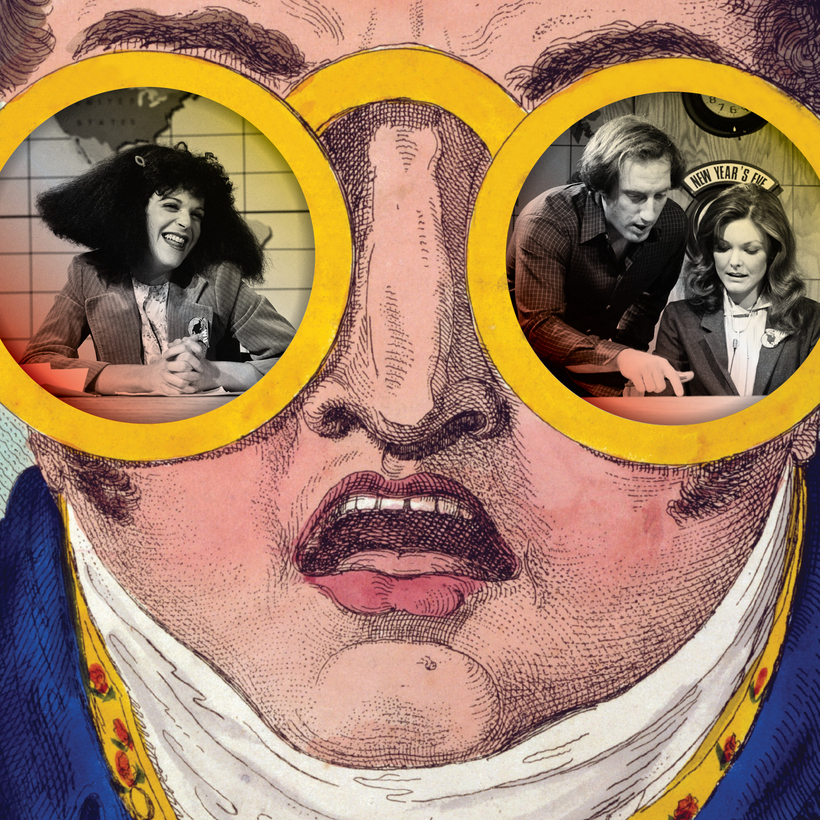July 1975. I was 25 years old and had taken the Long Island Rail Road from my parents’ house to New York City. I arrived at what was then called the RCA Building and rode the elevator up to Lorne Michaels’s office, on the 17th floor. It was our first meeting to discuss a new show premiering in the fall called Saturday Night Live.
I was going to be a television comedy writer—a boyhood dream from my teens, when I would watch The Dick Van Dyke Show. It continued into college, when I submitted dozens of pieces that were rejected by Mad magazine. When I graduated, I became a professional by writing one-liners for the last of the Catskill comics. They paid me $7 for jokes like “There’s a new porn movie coming out and the entire cast is Hasidic Jews. It’s very unusual, especially the orgy scene, because the men are on one side of the room and the women are on the other.”


